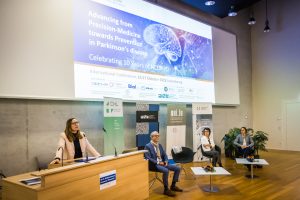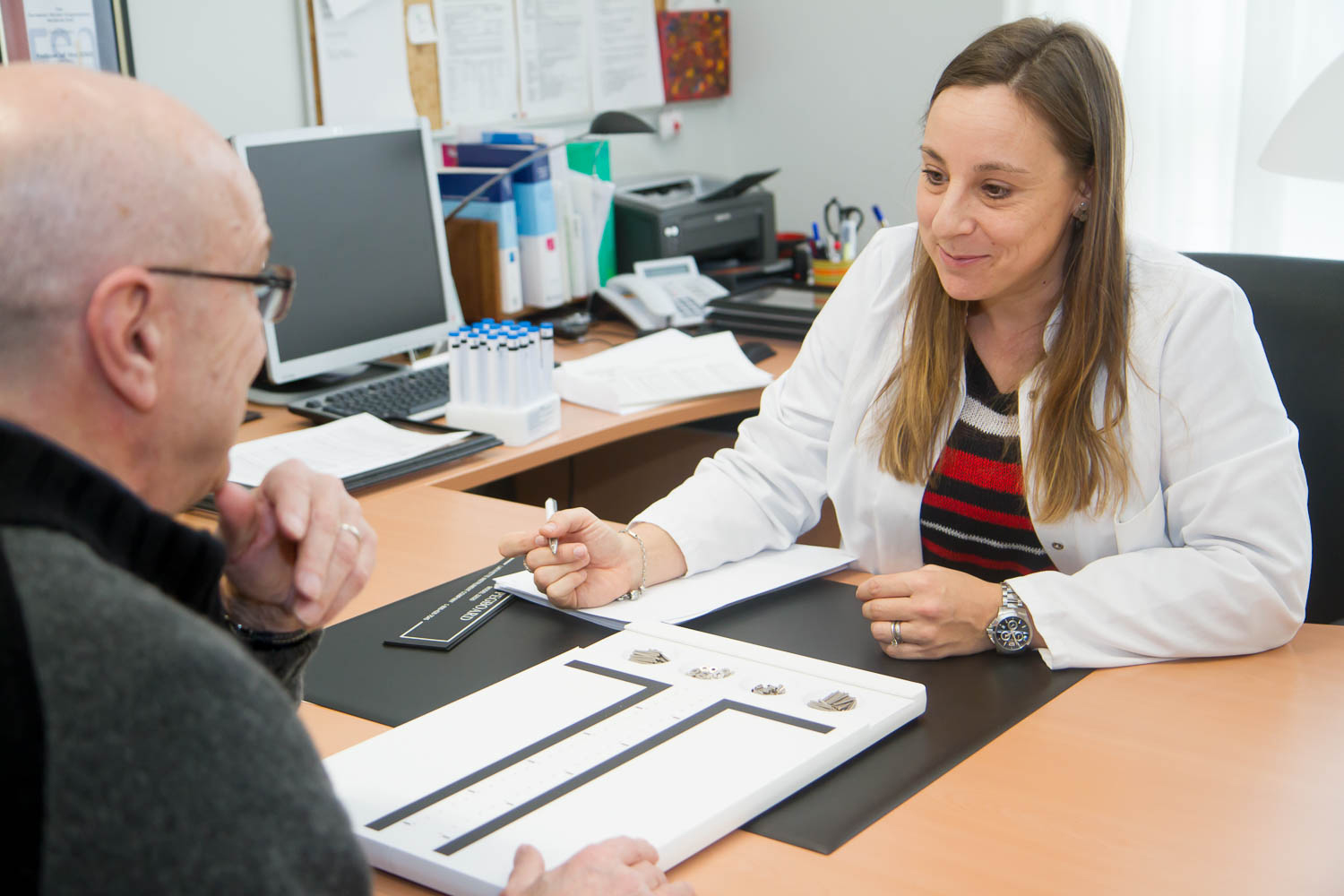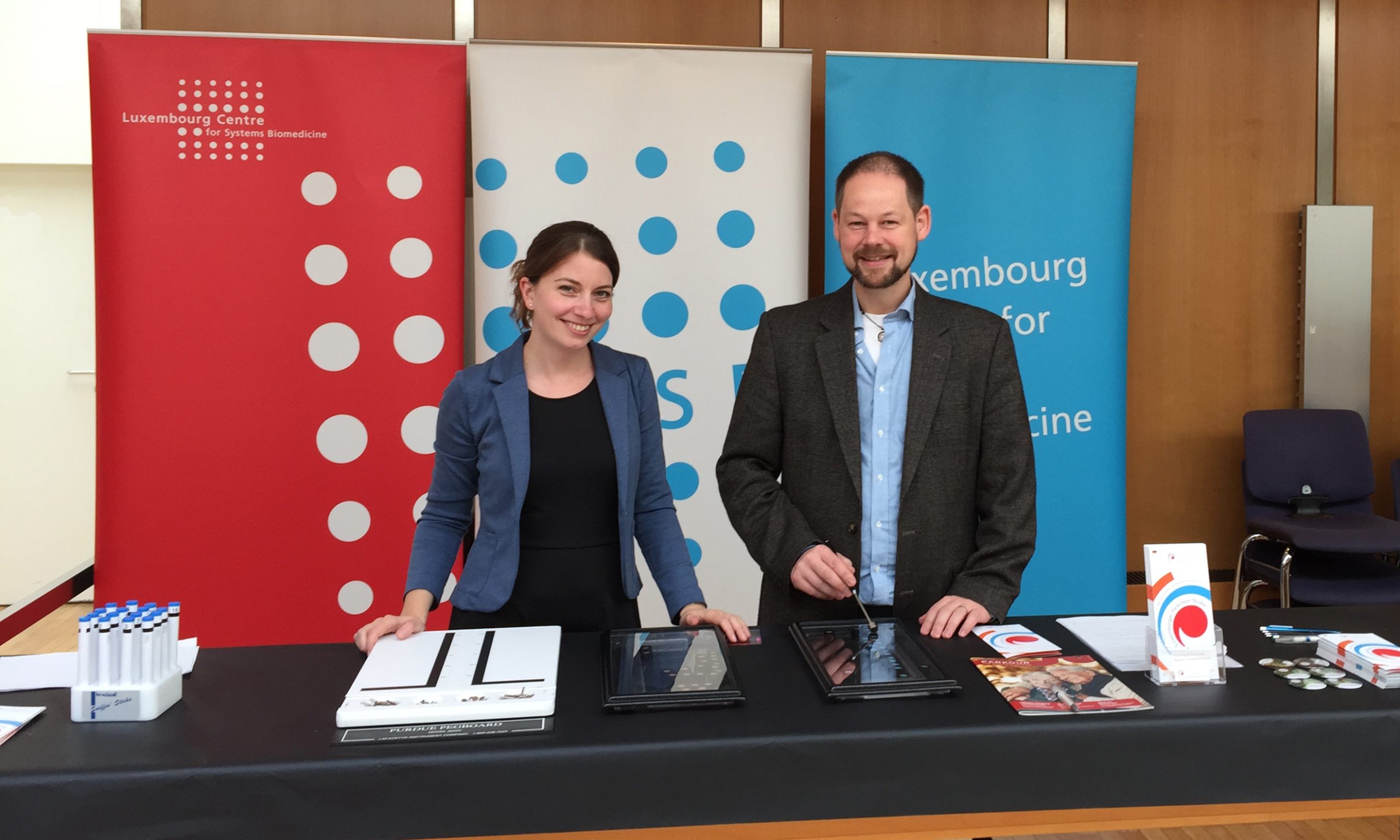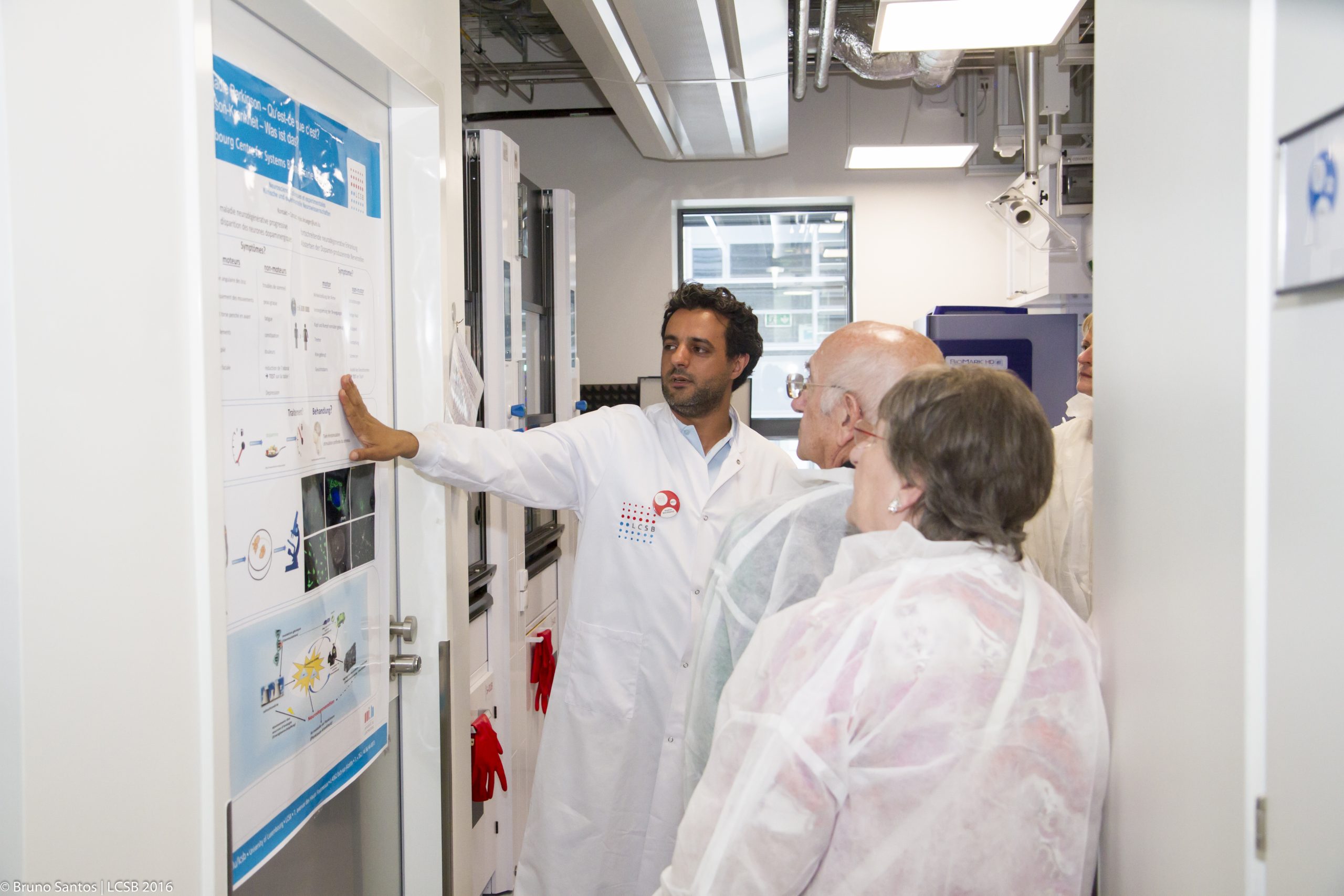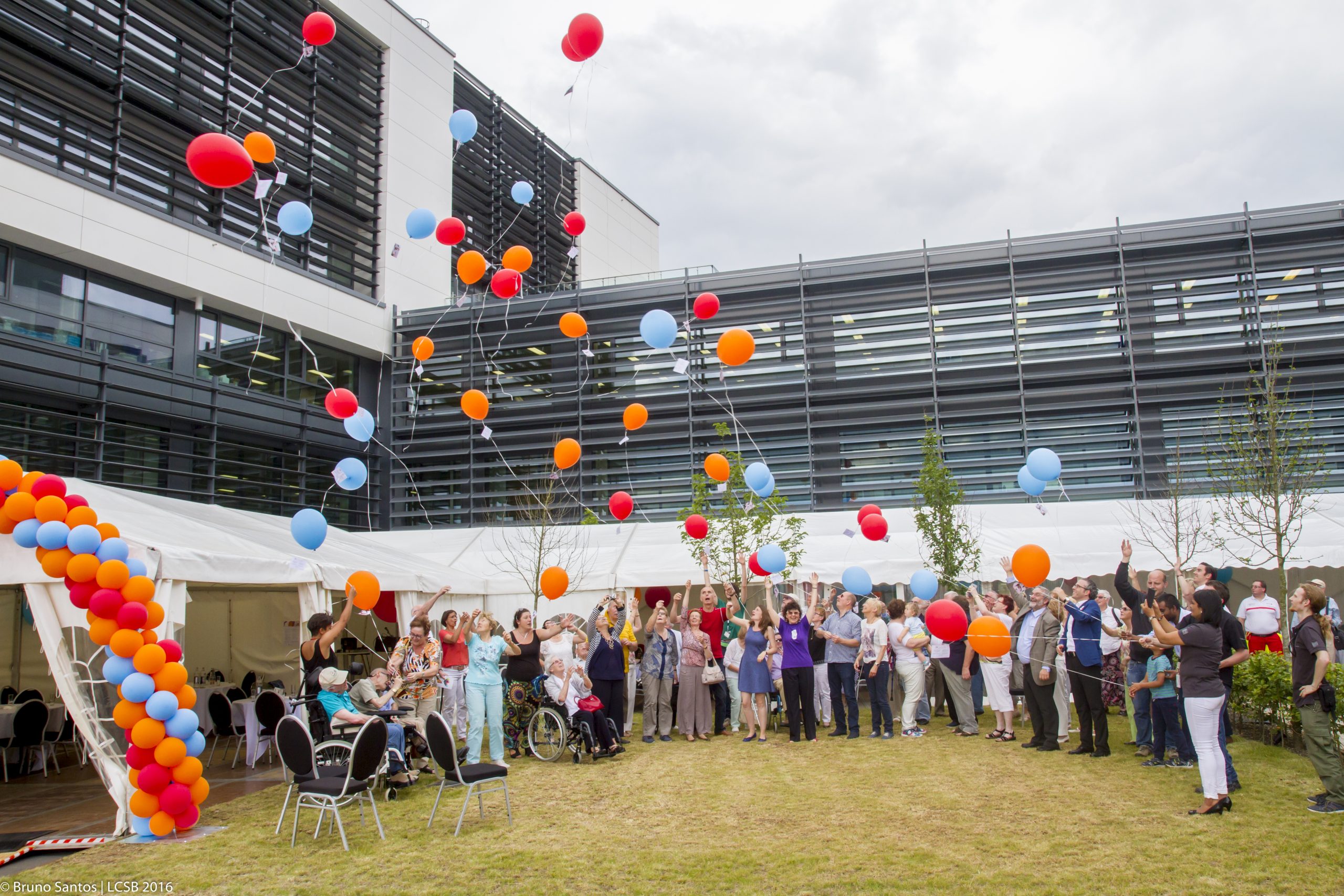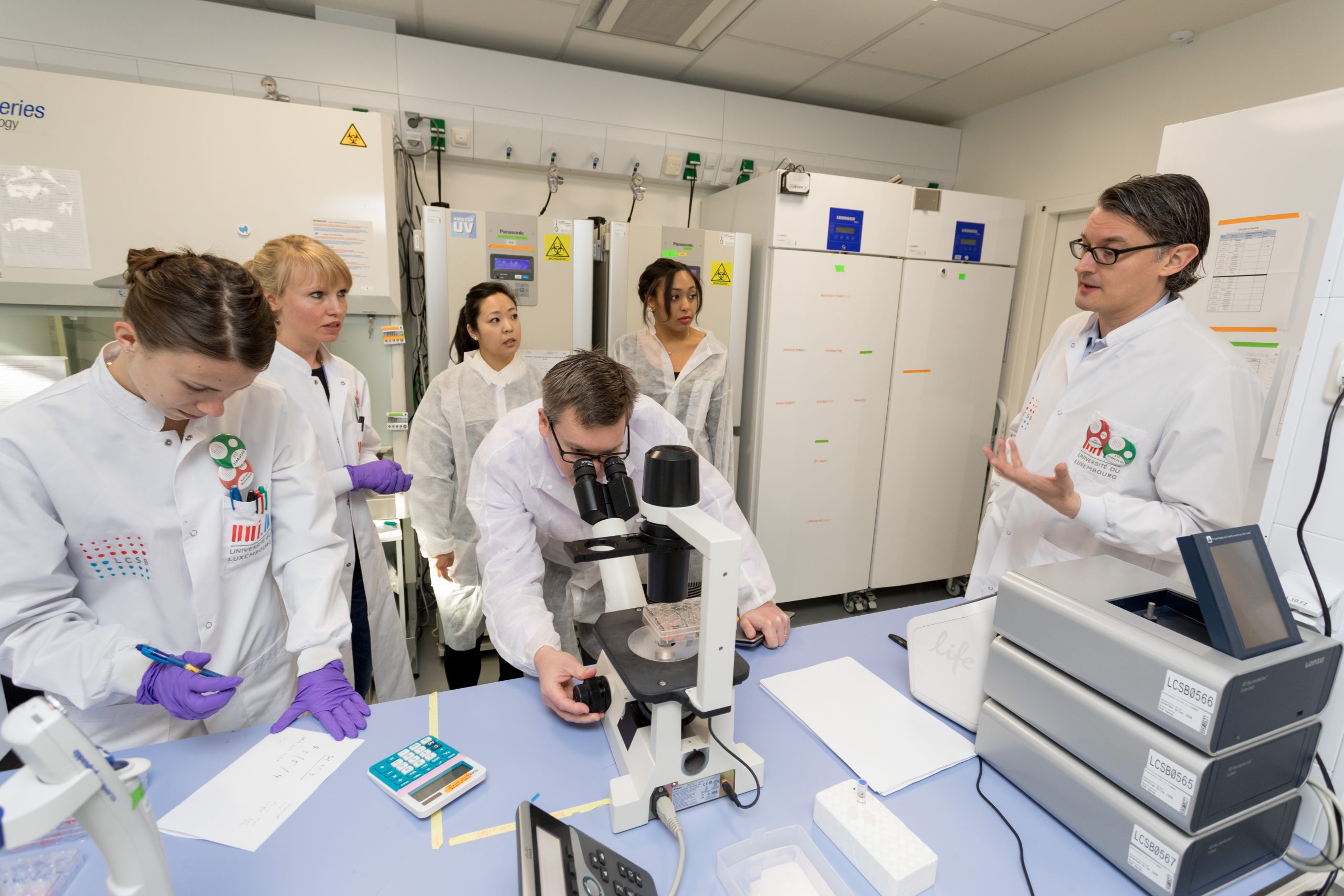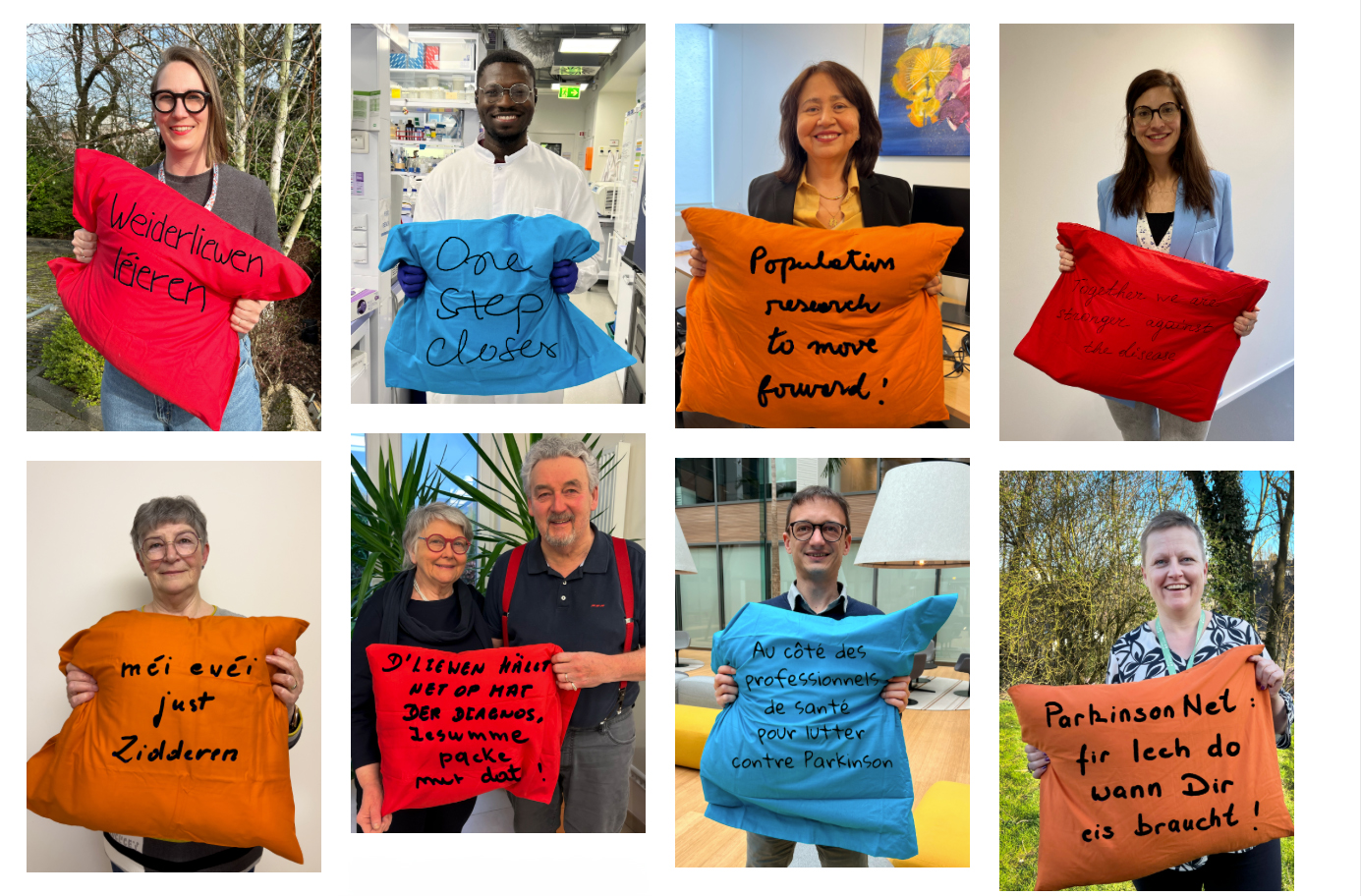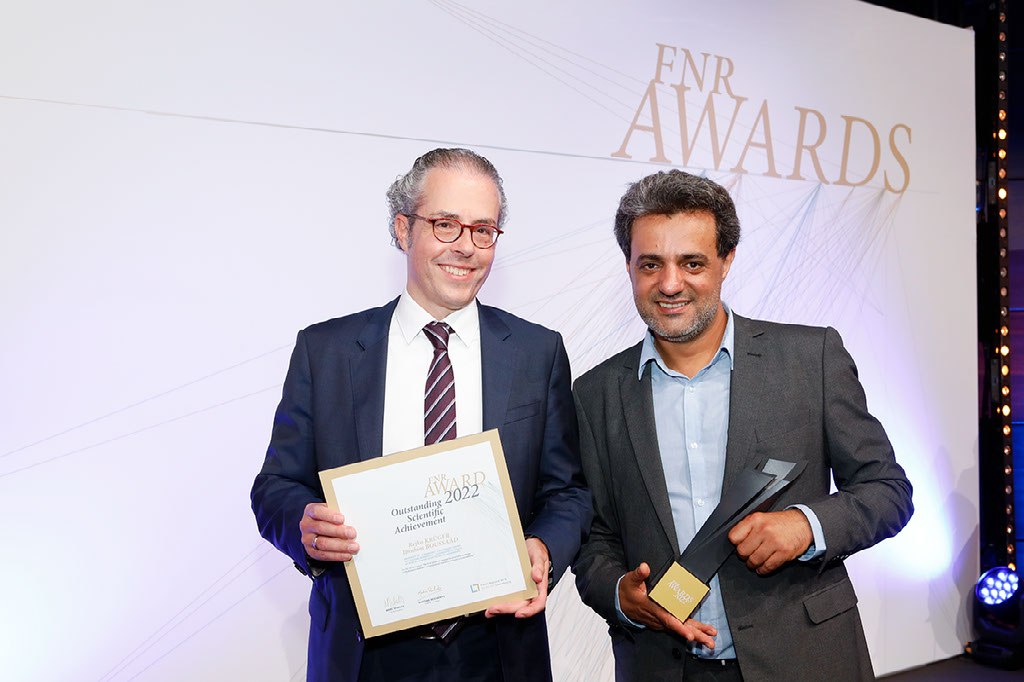This week, Luxembourg celebrates the 10th anniversary of the National Centre for Excellence in Research on Parkinson’s Disease (NCER-PD) with an international conference at the Maison du Savoir in Belval. The event brings together leading scientists, clinicians, and policymakers to reflect on a decade of achievement and to look ahead to the next frontier in prevention and personalised care.
What began as a national effort to bridge fundamental science, clinical practice, and patient engagement has evolved into an internationally recognised research alliance. Today, NCER-PD contributes to global initiatives including the Parkinson’s Progression Markers Initiative (PPMI) of the Michael J. Fox Foundation. PPMI is the world’s largest longitudinal Parkinson’s study and highlights Luxembourg’s growing role in the global Parkinson’s research landscape. Over time, NCER-PD has also expanded its focus beyond characterising disease mechanisms to predicting disease risk to ultimately identify and apply strategies to prevent its onset and progression.
Building a foundation for excellence
Launched in 2015 as one of the country’s first interdisciplinary research flagships through funding of the Luxembourg National Research Fund (FNR), NCER-PD has played a key role in positioning Luxembourg internationally as a trusted partner in Parkinson’s research. “When we launched NCER-PD in 2015, many doubted that a small country like Luxembourg could recruit hundreds of patients and controls, and build a national research cohort from the ground up,” recalls Prof. Rudi Balling, founding director of the LCSB and the first coordinator of NCER-PD. “But we proved that strong collaboration between research, clinics, and the community can make ambitious goals possible.”
Over the past decade, NCER-PD has united Luxembourg’s major research and healthcare players: the Luxembourg Institute of Health (LIH) and its Integrated BioBank (IBBL), the Luxembourg Centre for Systems Biomedicine (LCSB) of the University of Luxembourg, the Centre Hospitalier de Luxembourg (CHL), and the Laboratoire National de Santé (LNS), with the support of the FNR and other donors. Together, they have built one of Europe’s most comprehensive research cohorts of people living with Parkinson’s disease, later extending their studies to individuals at increased risk for neurodegeneration.
The LCSB contributed to establishing NCER-PD‘s foundations by building data infrastructure, analytics, and the patient engagement programme. Furthermore, using the collected samples, LCSB researchers developed advanced cellular models that replicate disease mechanisms and identified molecular and digital biomarkers. These efforts have paved the way for precision medicine approaches such as the use of polygenic risk scores, taking into account the contribution of small common changes in the DNA, that individually do not cause Parkinson’s but together increase the risk to develop the disease, for patient stratification.
From precision medicine to prevention
The NCER-PD cohort has become a treasure trove for discovery and innovation that generate insights into the biology, progression, and diversity of Parkinson’s disease. Data and samples collected over a decade now provide the foundation for many new studies. Linking clinical and molecular data with information recorded during the patients’ daily activities, scientists can better understand how the disease affects their life and design more tailored interventions.
“By connecting research with patient experience and clinical care, we contribute to a truly integrated care and prevention approach to Parkinson’s disease,” says Prof. Rejko Krüger, Full professor in Neurosciences – FNR PEARL Chair at the University of Luxembourg, and current coordinator of NCER-PD. “Our next challenge, besides our efforts to develop disease-modifying treatment strategies, is to create personalised prevention strategies putting people with Parkinson’s and those at risk at the centre of our work.”
The two-day conference marking the 10-year milestone for NCER-PD, titled From Precision Medicine to Prevention in Parkinson’s Disease, brings together leading experts such as Prof. Nobutaka Hattori (Juntendo University, Japan), Prof. Roger Barker (University of Cambridge, UK), and Prof. Andrew Singleton (Global Parkinson’s Genetics Program, USA), alongside young scientists presenting emerging ideas. A special session will honour the legacy of Prof. Rudi Balling, whose vision and leadership helped build the foundation for Luxembourg’s success in Parkinson’s disease research.
“Luxembourg’s long-term investment in NCER-PD shows how collaboration and continuity in research can lead to tangible progress for patients and visibility for a country,” said Prof. Roger Barker, member of NCER-PD scientific advisory board and keynote speaker at the conference. “This initiative demonstrates that small countries can play a major role in tackling global health challenges.”
NCER-PD over the years
Rediscover some of the milestones of the National Centre for Excellence in Research on Parkinson’s Disease (NCER-PD) in pictures. From the first interactions with patients and outreach activities back in 2015, to the Parkinson’s fighters campaign started in 2017 and the FNR award won in 2022.
To learn more about NCER-PD, check out the two videos:
“Empowering Voices: Participants Share Their Journey“
“Bridging from fundamental research into the clinic“
And read about 15 of the NCER-PD successes >>
NCER-PD would never have been possible without the support of several donors. The NCER-PD team thanks the Fondation Veuve Emile Metz Tesch, Fondation du Pélican, the Œuvres du Rotary (Espoir en Tête), Fondation Jean Think, Fondation Prévot, Fondation Norbert Friob et Fils and the many individual donors, too many to all name here, who have played an essential role in paving the way for NCER-PD.
